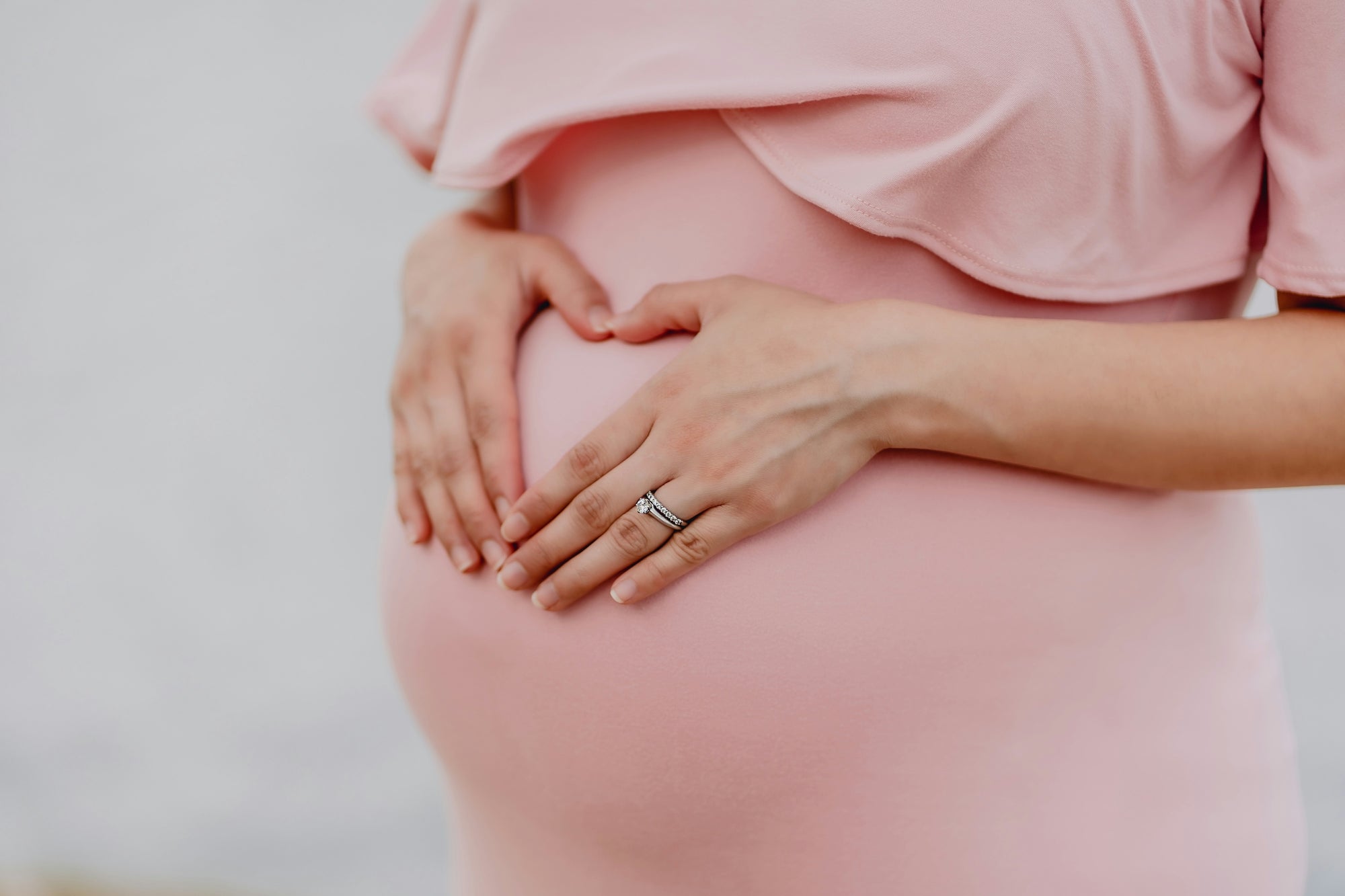

What causes hemorrhoids during pregnancy?
Hemorrhoids, a common woe during pregnancy, can be both uncomfortable and challenging. In this guide, we'll delve into the causes of hemorrhoids during pregnancy and explore effective coping strategies. Additionally, insights from reputable sources, including information from BabyCenter's article on hemorrhoids during pregnancy, will be integrated for a comprehensive understanding.
What Causes Hemorrhoids During Pregnancy?
Pregnancy is a beautiful journey, but it can bring about various physical changes, including an increased susceptibility to hemorrhoids. Here are some contributing factors:
- Increased Pressure: The growing uterus exerts pressure on the pelvic veins and the inferior vena cava, hindering blood flow and leading to the development of hemorrhoids.
- Hormonal Changes: Elevated progesterone levels during pregnancy can result in the relaxation of vein walls, contributing to the formation of hemorrhoids.
- Constipation: Hormonal fluctuations and pressure from the growing uterus can slow down the digestive system, leading to constipation. Straining during bowel movements can exacerbate hemorrhoid development.
- Weight Gain: The additional weight gained during pregnancy can increase pressure on the rectum and pelvic area, contributing to hemorrhoid formation.
For a more in-depth exploration of the causes, refer to BabyCenter's detailed article on hemorrhoids during pregnancy.
Coping Strategies and Prevention:
- Fiber-Rich Diet: Ensure a diet high in fiber to soften stools and prevent constipation. Incorporate fruits, vegetables, whole grains, and legumes.
- Hydration: Stay well-hydrated to maintain soft stools, easing bowel movements.
- Regular Exercise: Engage in regular, gentle exercise to improve blood circulation and promote healthy bowel function.
- Avoid Prolonged Sitting or Standing: Take breaks and avoid extended periods of sitting or standing to alleviate pressure on the rectal area.
- Topical Treatments: Over-the-counter creams or ointments containing witch hazel can help soothe discomfort.
- Warm Sitz Baths: Soaking in a warm bath can provide relief and reduce swelling.
For additional tips and advice, visit BabyCenter's guide on managing hemorrhoids during pregnancy.
Conclusion:
Hemorrhoids during pregnancy are a common concern, but with proactive measures, you can manage symptoms effectively. Understanding the causes and implementing preventive strategies will contribute to a more comfortable pregnancy journey. Always consult with your healthcare provider for personalized advice tailored to your specific situation.



